Tremors
by Kenneth Lyen
DEFINITION OF TREMOR
Tremor is an involuntary, rhythmic muscle contraction leading to shaking movements in one or more parts of the body. (NIH)

THYROTOXIC TREMOR
The thyrotoxic tremor is a high frequency low amplitude shaking. It is usually seen in the outstretched hands, but it can involve the face and head. Anxiety can sometimes exacerbate the tremor.
Thyrotoxic tremor can improve with beta-blocker (propranolol) treatment.




PARKINSON TREMOR
The Parkinson tremor is a coarse tremor that is present at rest, and usually lessens when the affected part of the body is in motion, and is also reduced during sleep. The hands are the most noticeable body part affected, and the tremor sometimes resemble "pin-rolling". The lips, jaws and legs are sometimes affected. One side of the body may be involved more than the other, and the tremor can be exacerbated by emotional stress or tiredness. Everyday activities like feeding, dressing, writing and shaving can be hampered. However, when the subject reaches out to shake hands, the tremor may disappear.
Parkinson disease is a disorder of the basal ganglia, and it is believed that the rest tremor is due to a disorder of this basal ganglia loop. The tremor improves with levo-dopa treatment, and in severe cases, it may improve with deep brain stimulation.

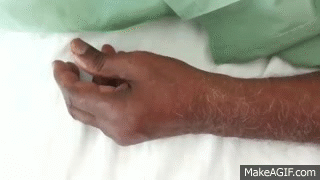
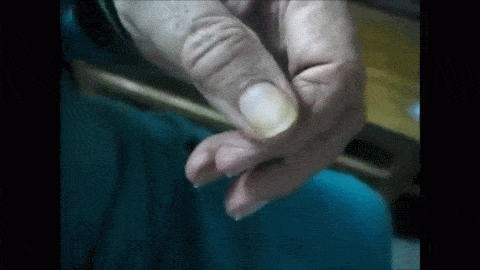
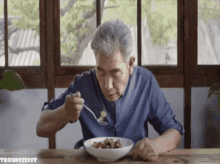

ESSENTIAL TREMOR
Essential tremor is an involuntary rhythmic shaking usually of the hands, but can affect other parts of the body, including the head, face, eyelids, tongue and neck. It can worsen over time, and is more common in people older than 40 years old. It interferes with daily activities like buttoning buttons, tying shoelaces, and pouring drinks into a cup. The tremors may be worsened by fatigue, stress, hunger, and drinking caffeinated drinks. The diagnosis may be confused with Parkinson Disease.
Essential tremors can improve with beta blockers such as propranolol, and anti-seizure medicines like primidone. OnabotulinumtoxinA (Botox) injections has been used to treat the tremor. The use of noninvasive ultrasound focused deep into the brain has recently been approved for use in essential tremor, by the USA Food and Drug Administration.

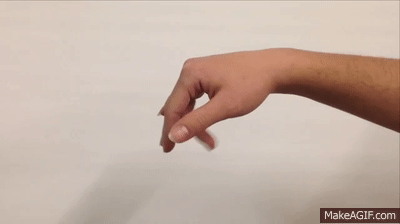
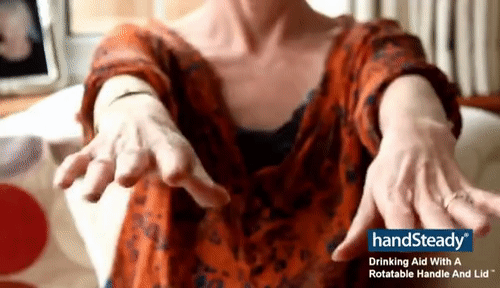


FLAPPING TREMOR (ASTERIXIS)
Asterixis is a tremor of the hand which is brought on when the wrist is extended. The movement looks a bit like the flapping wings of a bird, and hence it is referred to as a "flapping tremor". One of the causes is liver failure, and so the sign is sometimes known as a "liver flap". It also occurs in kidney failure, strokes, respiratory failure, heart failure, and it can be precipitated by some drugs (benzodiazepines, salicylates, barbiturates, valproate, gabapentin, lithium, ceftazidime, and metoclopramide). If the underlying cause is treated, sometimes the liver flap can resolve and disappear.
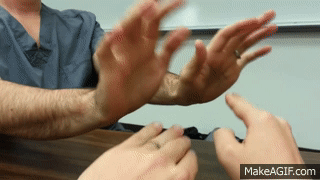


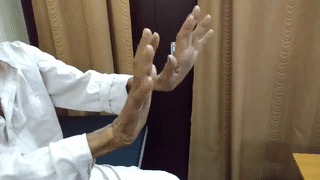
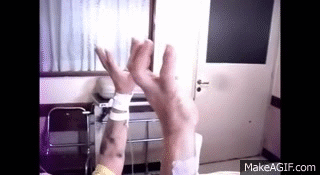
COFFEE AND ALCOHOL TREMOR
Excess caffeine can cause shaking. Beta-adrenergic drugs can also cause tremors, and it is believed that caffeine has a beta-adrenergic effect, so drinking large amounts of coffee can cause shaking. Alcohol actually decreases tremors, but the withdrawal of alcohol can result in shaking.


MYOCLONIC EPILEPSY
Myoclonic epilepsy is a family of epilepsies that may sometimes be associated with abnormal electroencephalographic activities. Classically it is manifest by myoclonic jerks, which can affect any part of the body. Occasionally there may be tremors.
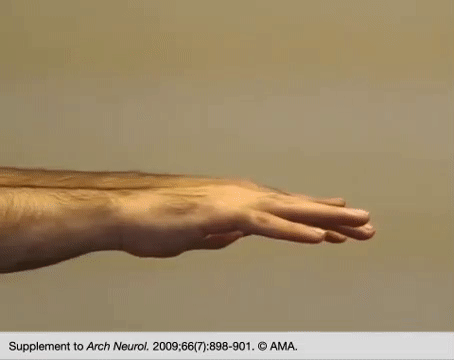


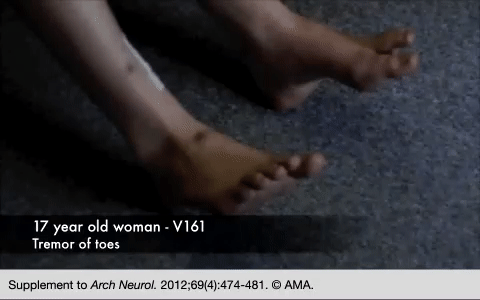

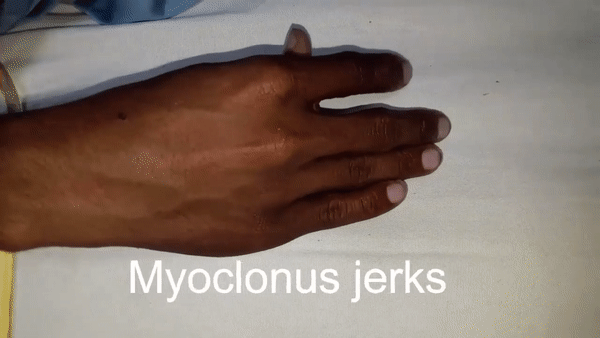
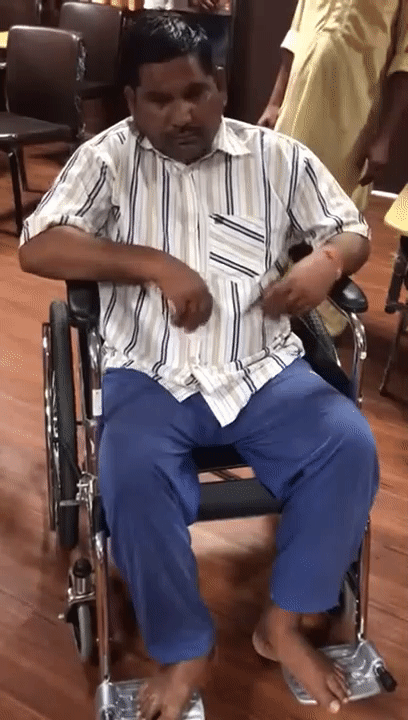
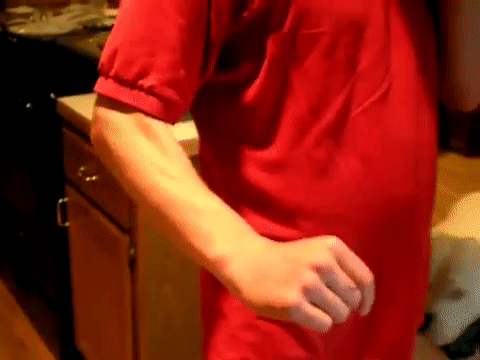
Written by Kenneth Lyen
24 February 2021
%20a.jpg)